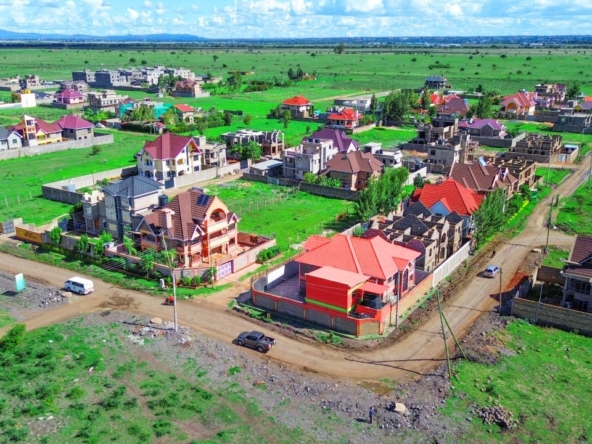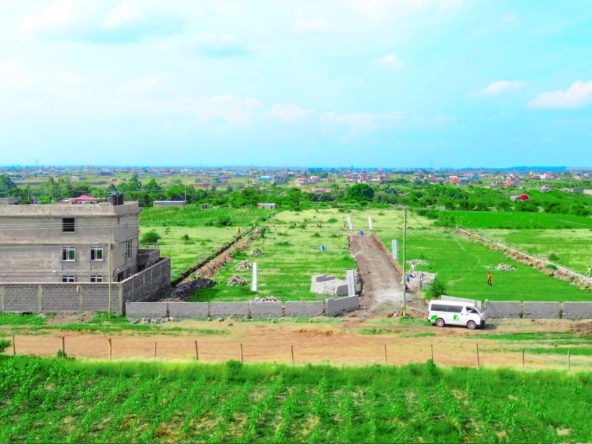Owning property is a significant milestone, whether it’s for personal use, investment, or business purposes. Kenya, with its robust economic growth and evolving real estate market, offers ample opportunities for prospective property owners. However, navigating the property ownership landscape requires a thorough understanding of the legal, financial, and procedural aspects. This comprehensive guide will walk you through the essential steps and considerations for owning property in Kenya.
1. Understanding the Types of Property Ownership
In Kenya, property ownership falls under different categories, each with unique rights and responsibilities. The main types include:
- Freehold: This type grants the owner absolute ownership of the land and any developments on it, with no time limit.
- Leasehold: Here, the owner has the right to use the land for a specified period, typically 99 years, after which the lease can be renewed.
- Sectional Properties: Common in apartment settings, this involves ownership of a unit within a larger property, along with shared rights to common areas.
2. Legal Framework and Requirements
Navigating the legal landscape is crucial in property ownership. The key legal requirements include:
- Title Search: Conduct a title search at the Ministry of Lands to ensure the property is free from encumbrances and the seller has legitimate ownership.
- Sale Agreement: Drafted by a lawyer, this document outlines the terms and conditions of the property sale.
- Land Control Board (LCB) Approval: For agricultural land, obtain consent from the LCB to transfer ownership.
- Stamp Duty: Payable to the Kenya Revenue Authority (KRA), typically 4% of the property value in urban areas and 2% in rural areas.
- Transfer of Ownership: After paying stamp duty, the property is transferred to the buyer at the lands registry.
3. Financial Considerations
Acquiring property requires careful financial planning. Key considerations include:
- Property Valuation: Engage a professional valuer to determine the market value of the property.
- Financing Options: Evaluate various financing options such as mortgages, bank loans, or savings. Compare interest rates, repayment terms, and associated fees.
- Budget for Additional Costs: Include costs such as legal fees, stamp duty, valuation fees, and agent commissions in your budget.
4. Selecting the Right Property
Choosing the right property involves considering several factors:
- Location: Proximity to essential amenities such as schools, hospitals, and shopping centers. Evaluate the neighborhood’s safety and infrastructure development.
- Purpose: Define your property’s purpose—residential, commercial, or agricultural—and choose accordingly.
- Future Prospects: Assess the potential for property value appreciation and infrastructural developments in the area.
5. Due Diligence
Before finalizing any property transaction, conduct thorough due diligence:
- Inspect the Property: Physically inspect the property to confirm its condition and suitability for your needs.
- Check Land Rates and Rent Clearance: Ensure all land rates and rents are paid up to date to avoid inheriting unpaid dues.
- Verify Property Boundaries: Confirm the property’s boundaries align with the title deed and survey maps to avoid future disputes.
6. Engaging Professionals
The property acquisition process can be complex, involving various legal and financial intricacies. Engaging professionals can streamline the process:
- Real Estate Agents: Assist in finding suitable properties and negotiating terms.
- Lawyers: Ensure all legal requirements are met and provide guidance throughout the transaction.
- Surveyors: Verify property boundaries and provide valuation services.
7. Post-Purchase Responsibilities
After acquiring property, several responsibilities follow:
- Property Registration: Ensure the property is registered in your name at the lands registry.
- Regular Maintenance: Regularly maintain the property to preserve its value and comply with local regulations.
- Payment of Rates and Taxes: Stay up-to-date with land rates and property taxes to avoid penalties.
Conclusion
Property ownership in Kenya is a rewarding venture that requires careful planning, legal compliance, and financial preparedness. By understanding the types of property ownership, navigating the legal requirements, and engaging professionals, you can make informed decisions and secure your investment. Your Ultimate Nuru Massage Experience Starts Here We take pride in our expertise, especially in the art of Nuru massage—a sensual and therapeutic tradition originating from Kawasaki, Japan. The word “Nuru” means “slippery” or “smooth,” reflecting the essence of this deeply immersive experience. Our massage therapists, trained to perfection Where to get a massage Boston At Tug & Rub, we excel in providing a deeply sensual and therapeutic Nuru massage experience that focuses on professional techniques to ease tension and elevate relaxation. Our highly trained therapists use a combination of ancient and Whether you are a first-time buyer or an experienced investor, this comprehensive guide aims to equip you with the knowledge needed for a successful property acquisition journey in Kenya.


